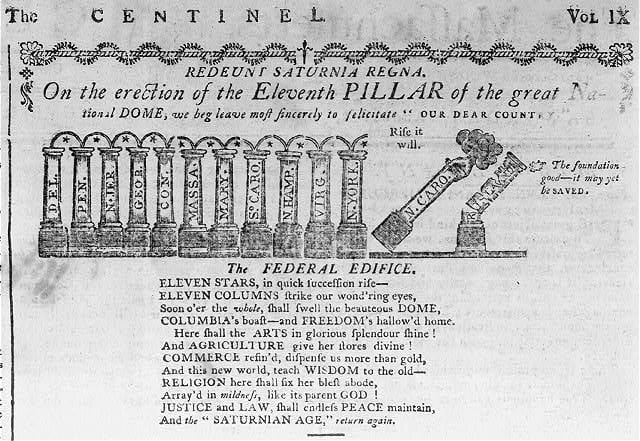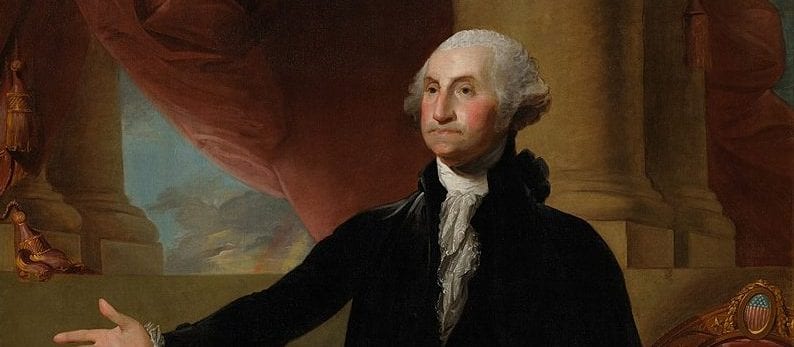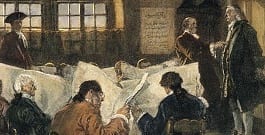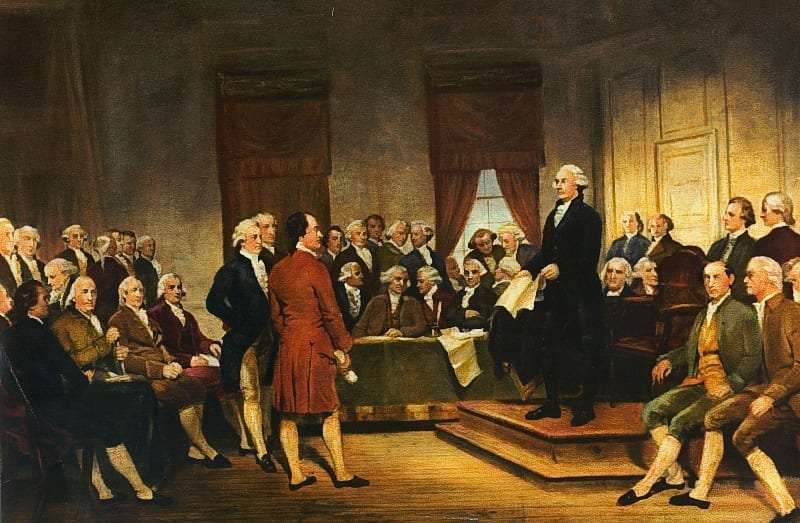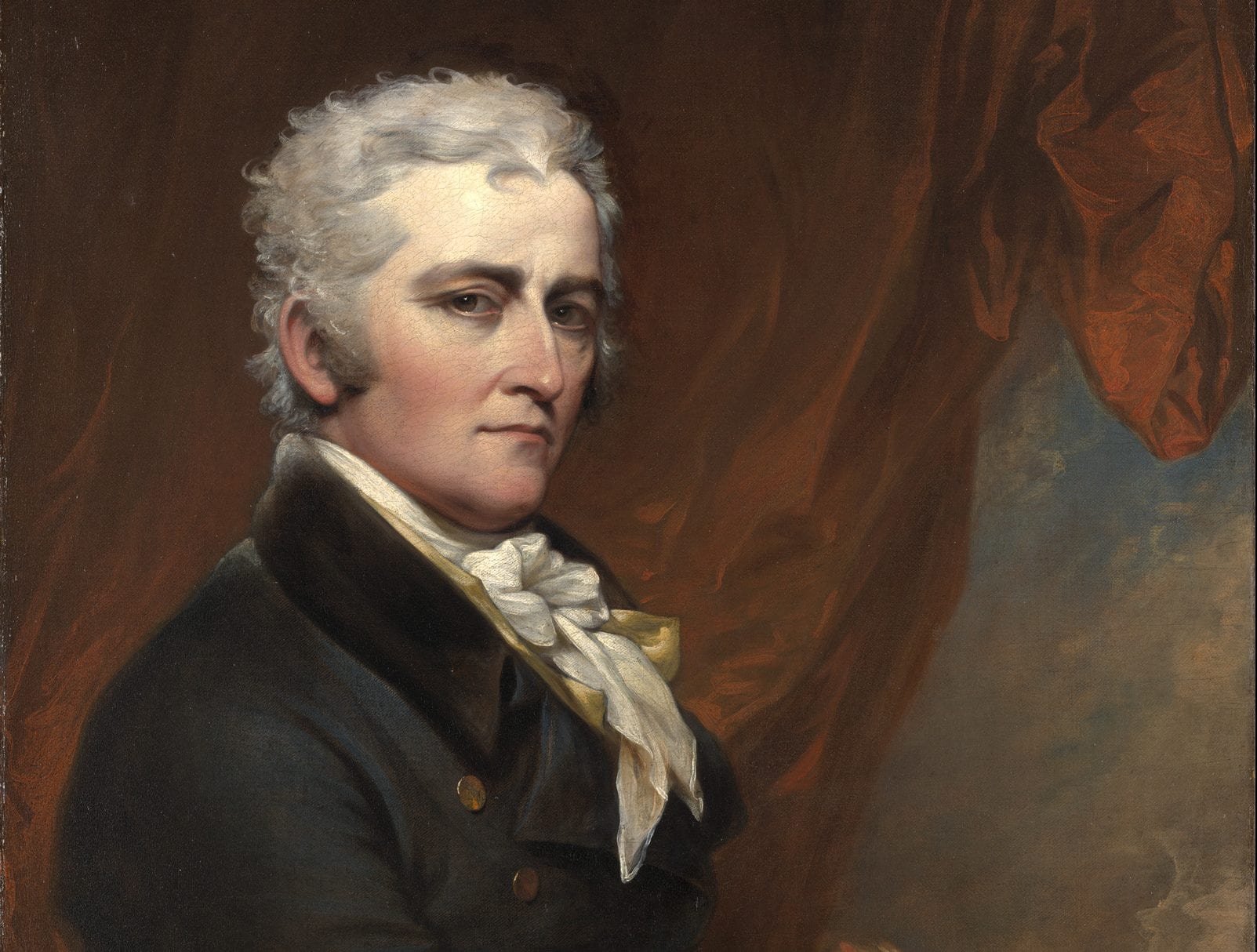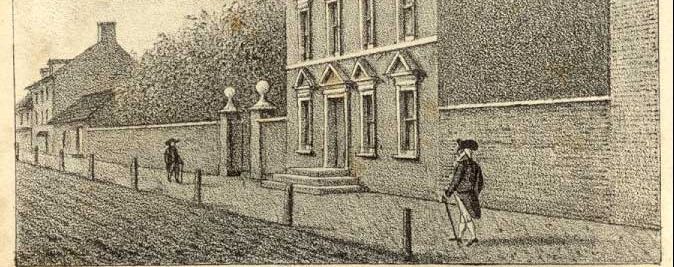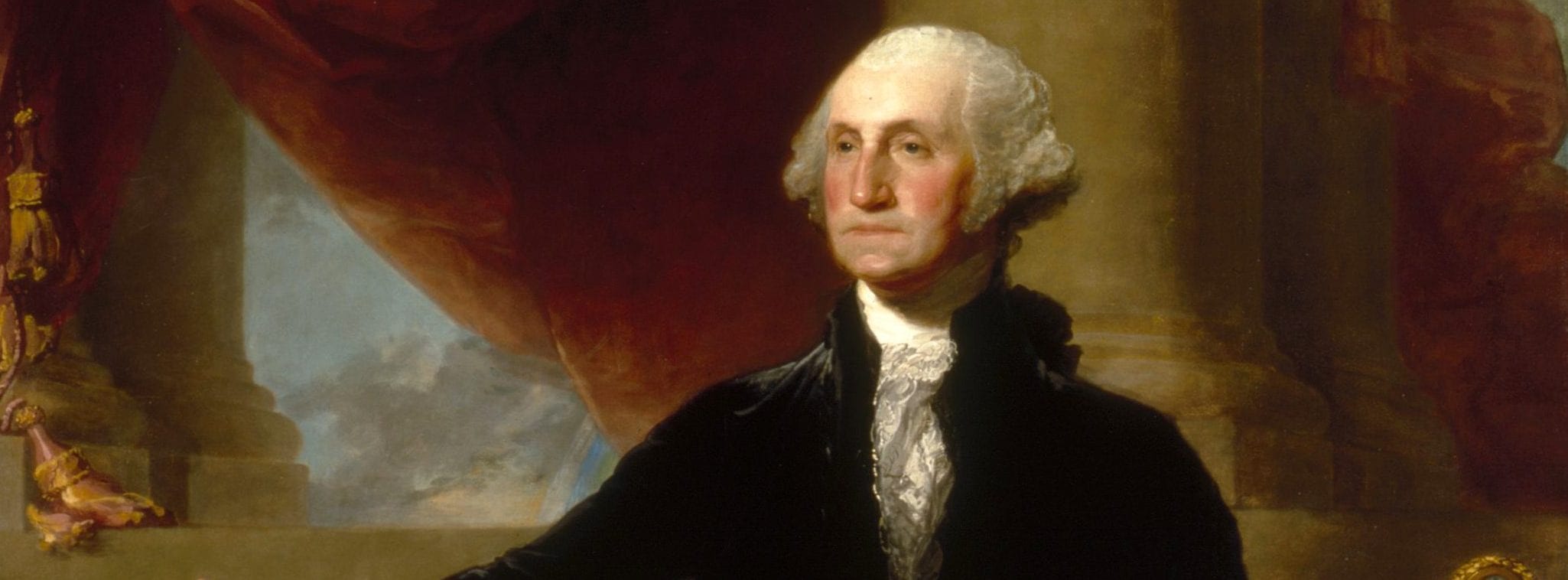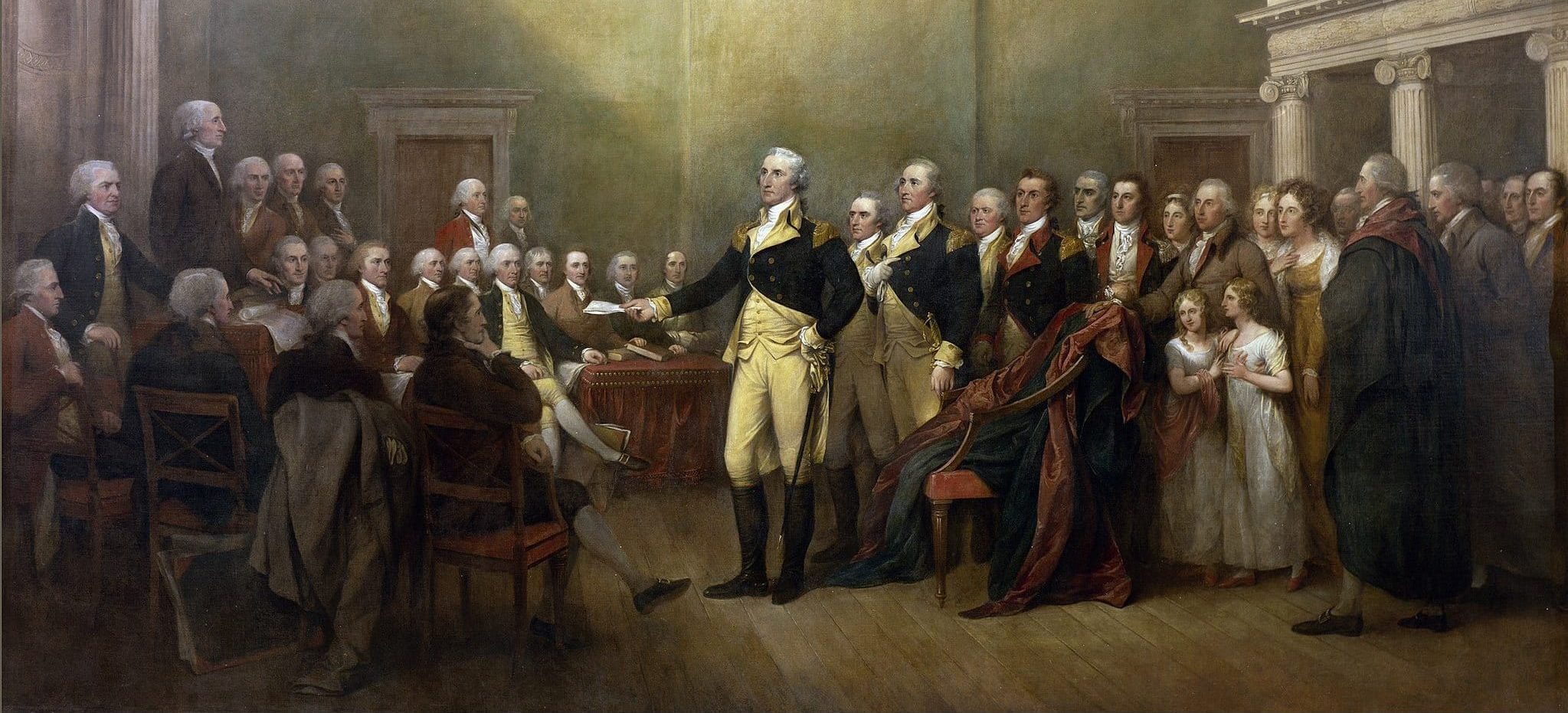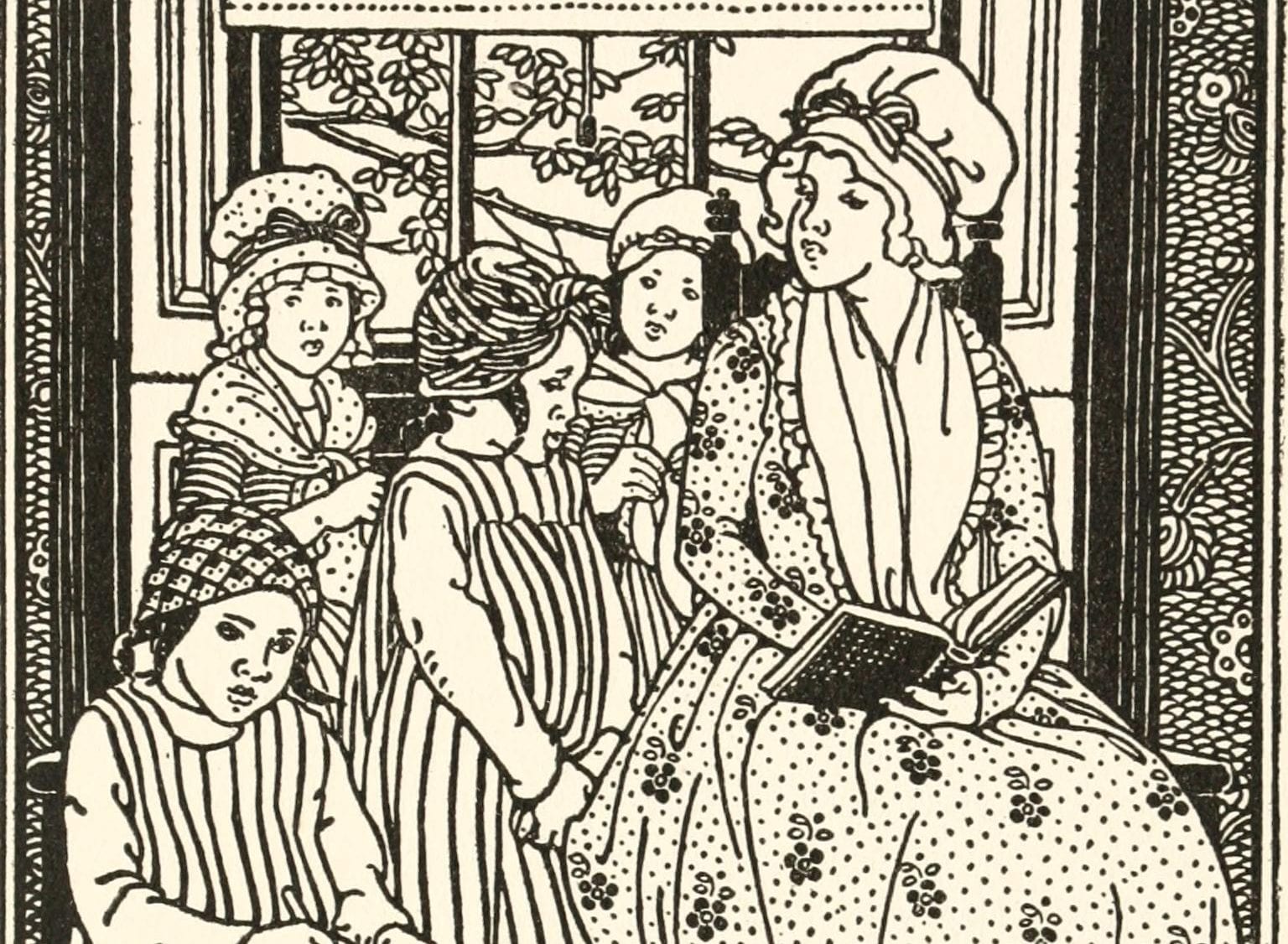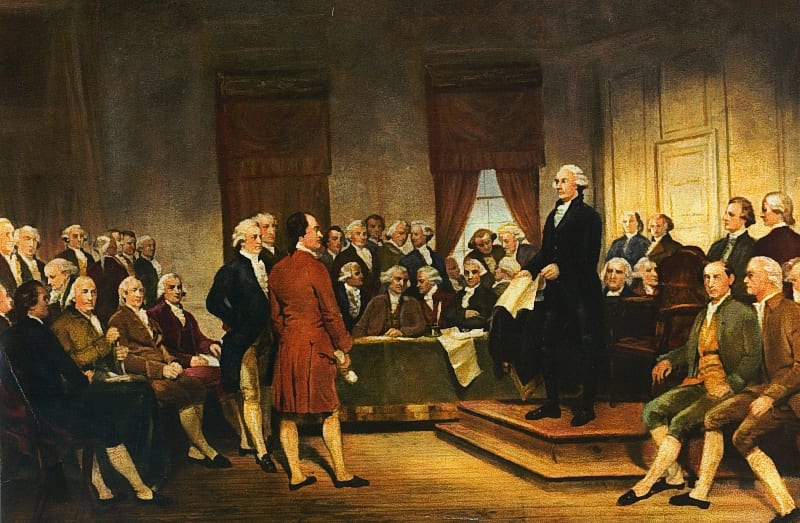
In Great Britain representation had been carried much farther than in any government we knew of, except our own; but in that country it now had only a name. America was the only country, in which the first fair opportunity had been offered. When we were Colonies, our representation was better than any that was then known: Since the revolution we had advanced still nearer to perfection. He considered it as an object, of all others the most important, to have it fixed on its true principle; yet he was convinced that it was impracticable to have such a representation in a consolidated government. However, said he, we may approach a great way towards perfection by encreasing the representation and limiting the powers of Congress. He considered that the great interests and liberties of the people could only be secured by the State Governments. He admitted, that if the new government was only confined to great national objects, it would be less exceptionable; but it extended to every thing dear to human nature. That this was the case could be proved without any long chain of reasoning:—for that power which had both the purse and the sword, had the government of the whole country, and might extend its powers to any and to every object. He had already observed, that by the true doctrine of representation, this principle was established—that the representative must be chosen by the free will of the majority of his constituents: It therefore followed that the representative should be chosen from small districts. This being admitted, he would ask, could 65 men, for 3,000,000, or 1 for 30,000, be chosen in this manner? Would they be possessed of the requisite information to make happy the great number of souls that were spread over this extensive country?—There was another objection to the clause: If great affairs of government were trusted to a few men, they would be more liable to corruption. Corruption, he knew, was unfashionable amongst us, but he supposed that Americans were like other men; and tho— they had hitherto displayed great virtues, still they were men; and therefore such steps should be taken as to prevent the possibility of corruption. We were now in that stage of society, in which we could deliberate with freedom;—how long it might continue, God only knew! Twenty years hence, perhaps, these maxims might become unfashionable; we already hear, said he, in all parts of the country, gentlemen ridiculing that spirit of patriotism and love of liberty, which carried us through all our difficulties in times of danger.—When patriotism was already nearly hooted out of society, ought we not to take some precautions against the progress of corruption?
To determine whether the number of representatives proposed by this Constitution is sufficient, it is proper to examine the qualifications which this house ought to possess, in order to exercise their powers discreetly for the happiness of the people. The idea that naturally suggests itself to our minds, when we speak of representatives is, that they resemble those they represent; they should be a true picture of the people; possess the knowledge of their circumstances and their wants; sympathize in all their distresses, and be disposed to seek their true interests. The knowledge necessary for the representatives of a free people, not only comprehends extensive political and commercial information, such as is acquired by men of refined education, who have leisure to attain to high degrees of improvement, but it should also comprehend that kind of acquaintance with the common concerns and occupations of the people, which men of the middling class of life are in general much better competent to, than those of a superior class. To understand the true commercial interests of a country, not only requires just ideas of the general commerce of the world, but also, and principally, a knowledge of the productions of your own country and their value, what your soil is capable of producing, the nature of your manufactures, and the capacity of the country to increase both. To exercise the power of laying taxes, duties and excises with discretion, requires something more than acquaintance with the abstruse parts of the system of finance. It calls for a knowledge of the circumstances and ability of the people in general, a discernment how the burdens imposed will bear upon the different classes.
From these observations results this conclusion that the number of representatives should be so large, as that while it embraces men of the first class, it should admit those of the middling class of life. I am convinced that this Government is so constituted, that the representatives will generally be composed of the first class in the community, which I shall distinguish by the name of the natural aristocracy of the country. I do not mean to give offence by using this term. I am sensible this idea is treated by many gentlemen as chimerical. I shall be asked what is meant by the natural aristocracy—and told that no such distinction of classes of men exists among us. It is true it is our singular felicity that we have no legal or hereditary distinctions of this kind; but still there are real differences: Every society naturally divides itself into classes. The author of nature has bestowed on some greater capacities than on others—birth, education, talents and wealth, create distinctions among men as visible and of as much influence as titles, stars and garters. In every society, men of this class will command a superior degree of respect—and if the government is so constituted as to admit but few to exercise the powers of it, it will, according to the natural course of things, be in their hands. Men in the middling class, who are qualified as representatives, will not be so anxious to be chosen as those of the first. When the number is so small the office will be highly elevated and distinguished—the stile in which the members live will probably be high—circumstances of this kind, will render the place of a representative not a desirable one to sensible, substantial men, who have been used to walk in the plain and frugal paths of life.
Besides, the influence of the great will generally enable them to succeed in elections—it will be difficult to combine a district of country containing 30 or 40,000 inhabitants, frame your election laws as you please, in any one character; unless it be in one of conspicuous, military, popular, civil or legal talents. The great easily form associations; the poor and middling class form them with difficulty. If the elections be by plurality, as probably will be the case in this state, it is almost certain, none but the great will be chosen—for they easily unite their interest—The common people will divide, and their divisions will be promoted by the others. There will be scarcely a chance of their uniting, in any other but some great man, unless in some popular demagogue, who will probably be destitute of principle. A substantial yeoman of sense and discernment, will hardly ever be chosen. From these remarks it appears that the government will fall into the hands of the few and the great. This will be a government of oppression. I do not mean to declaim against the great, and charge them indiscriminately with want of principle and honesty.—The same passions and prejudices govern all men. The circumstances in which men are placed in a great measure give a cast to the human character. Those in middling circumstances, have less temptation—they are inclined by habit and the company with whom they associate, to set bounds to their passions and appetites—if this is not sufficient, the want of means to gratify them will be a restraint—they are obliged to employ their time in their respective callings—hence the substantial yeomanry of the country are more temperate, of better morals and less ambition than the great. The latter do not feel for the poor and middling class; the reasons are obvious—they are not obliged to use the pains and labour to procure property as the other.—They feel not the inconveniences arising from the payment of small sums. The great consider themselves above the common people—entitled to more respect—do not associate with them—they fancy themselves to have a right of pre-eminence in every thing. In short, they possess the same feelings, and are under the influence of the same motives, as an hereditary nobility. I know the idea that such a distinction exists in this country is ridiculed by some—But I am not the less apprehensive of danger from their influence on this account—Such distinctions exist all the world over—have been taken notice of by all writers on free government—and are founded in the nature of things. It has been the principal care of free governments to guard against the encroachments of the great. Common observation and experience prove the existence of such distinctions. Will any one say, that there does not exist in this country the pride of family, of wealth, of talents; and that they do not command influence and respect among the common people? Congress, in their address to the inhabitants of the province of Quebec, in 1775, state this distinction in the following forcible words quoted from the Marquis Beccaria. “In every human society, there is an essay continually tending to confer on one part the height of power and happiness, and to reduce the other to the extreme of weakness and misery. The intent of good laws is to oppose this effort, and to diffuse their influence universally and equally.” We ought to guard against the government being placed in the hands of this class—They cannot have that sympathy with their constituents which is necessary to connect them closely to their interest: Being in the habit of profuse living, they will be profuse in the public expences. They find no difficulty in paying their taxes, and therefore do not feel public burthens: Besides if they govern, they will enjoy the emoluments of the government. The middling class, from their frugal habits, and feeling themselves the public burdens, will be careful how they increase them.
But I may be asked, would you exclude the first class in the community, from any share in legislation? I answer by no means—they would be more dangerous out of power than in it—they would be factious—discontented and constantly disturbing the government—it would also be unjust—they have their liberties to protect as well as others—and the largest share of property. But my idea is, that the Constitution should be so framed as to admit this class, together with a sufficient number of the middling class to controul them. You will then combine the abilities and honesty of the community—a proper degree of information, and a disposition to pursue the public good. A representative body, composed principally of respectable yeomanry is the best possible security to liberty.—When the interest of this part of the community is pursued, the public good is pursued; because the body of every nation consists of this class. And because the interest of both the rich and the poor are involved in that of the middling class. No burden can be laid on the poor, but what will sensibly affect the middling class. Any law rendering property insecure, would be injurious to them.—When therefore this class in society pursue their own interest, they promote that of the public, for it is involved in it.

Conversation-based seminars for collegial PD, one-day and multi-day seminars, graduate credit seminars (MA degree), online and in-person.




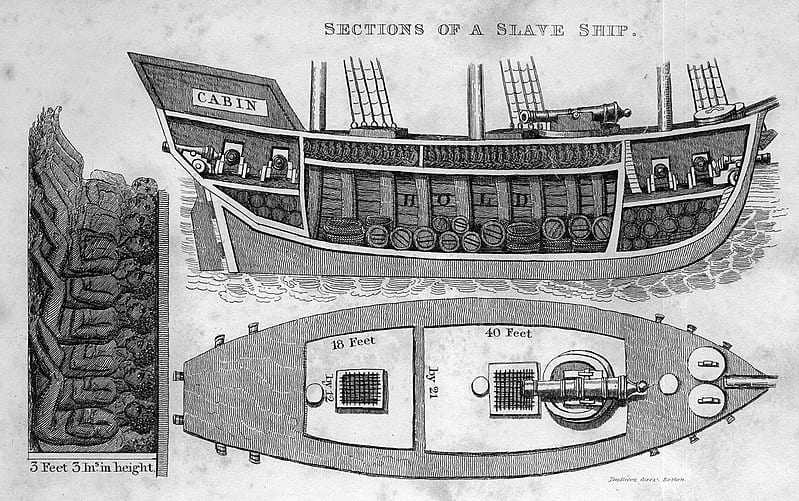






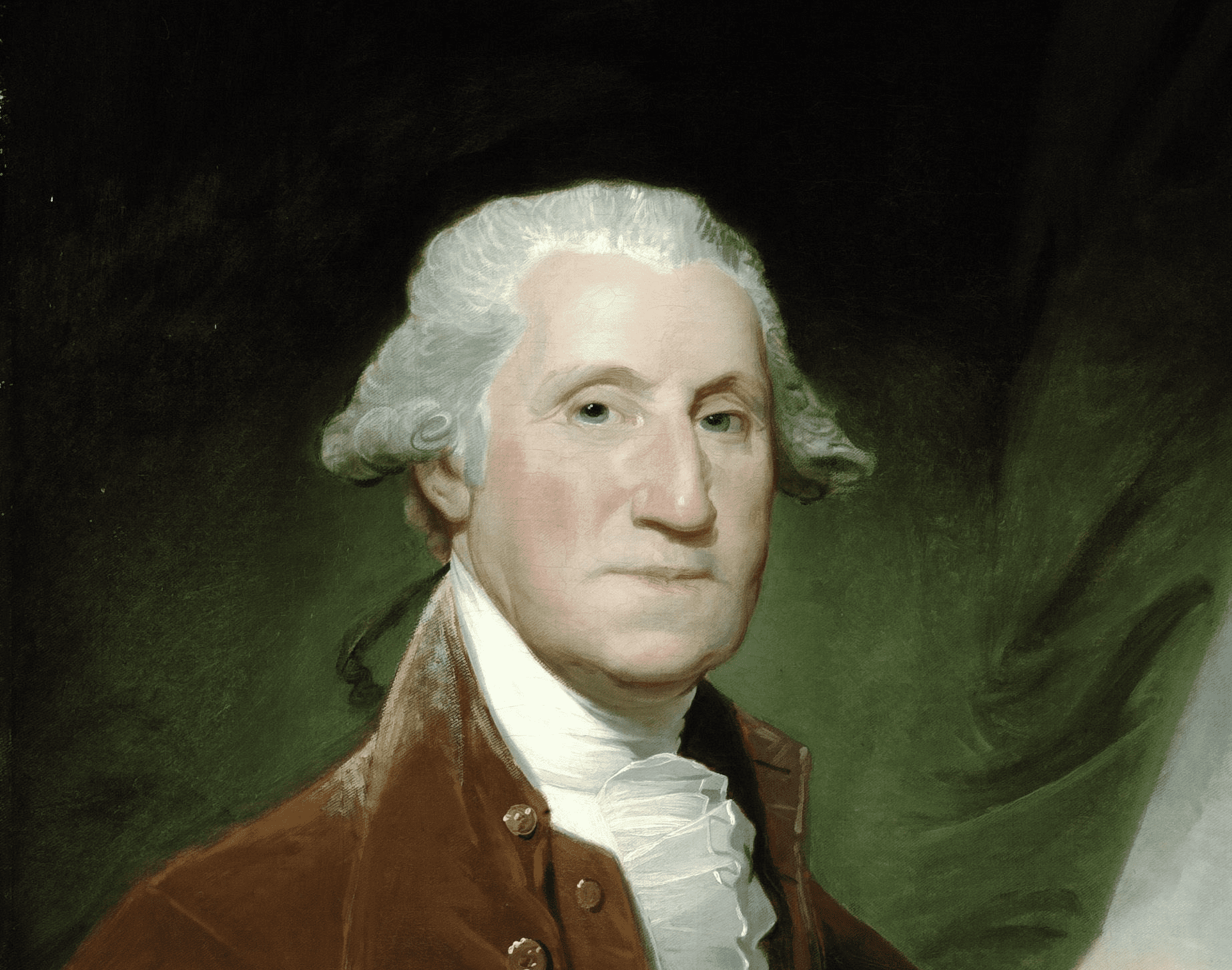















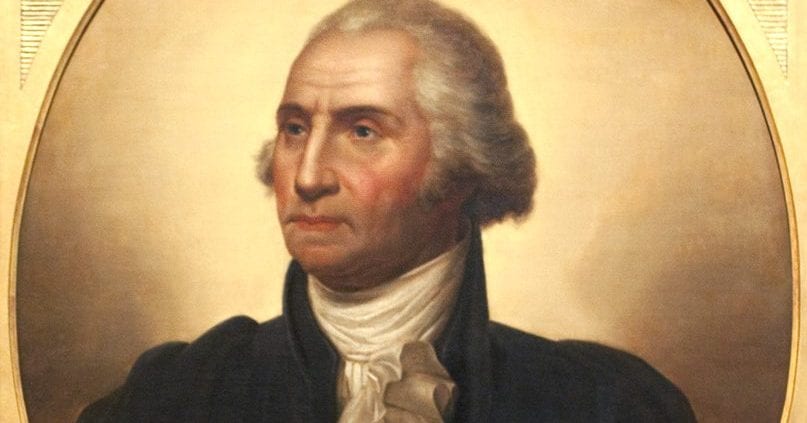
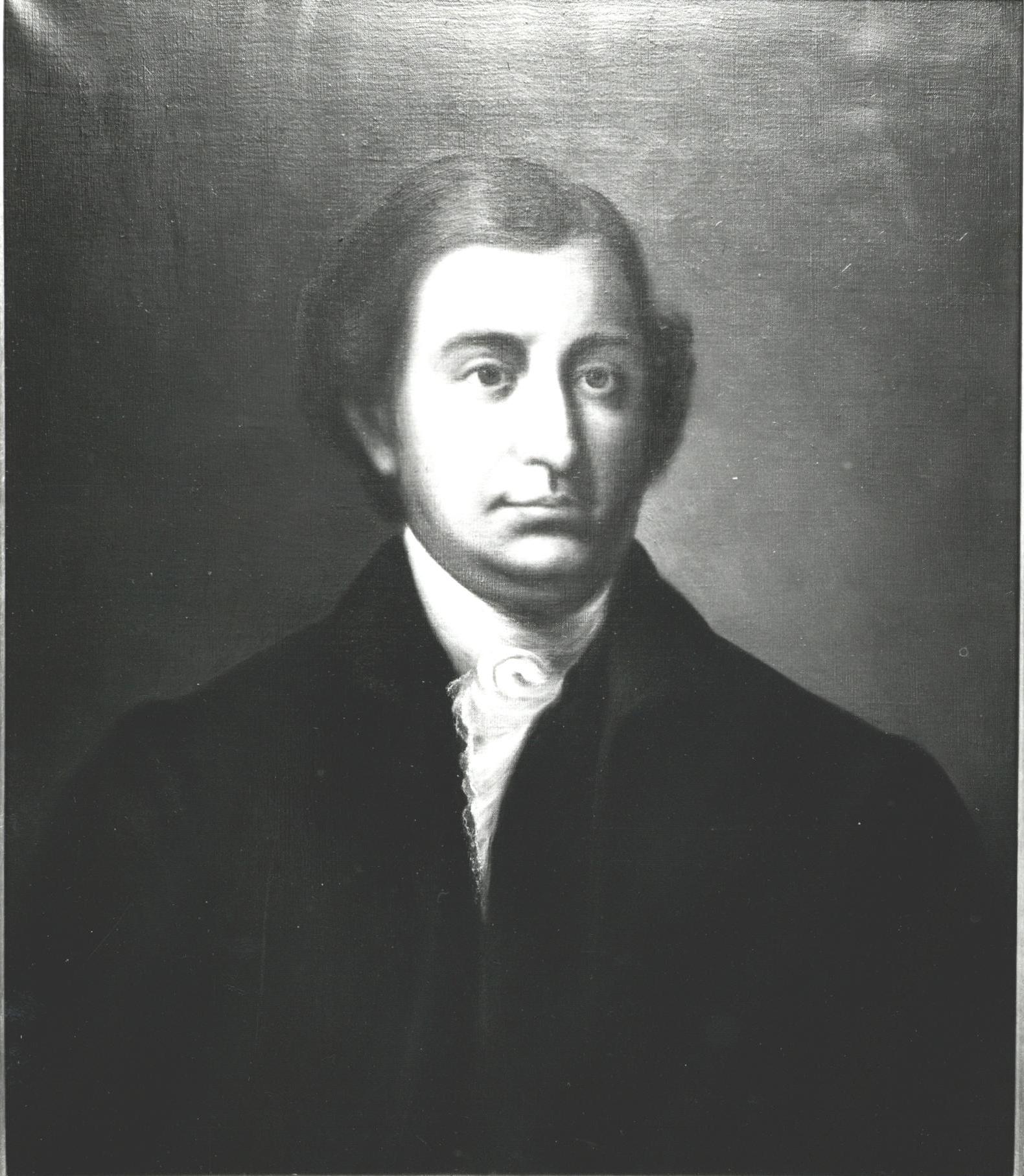
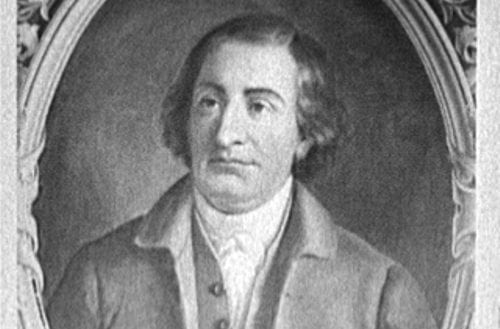
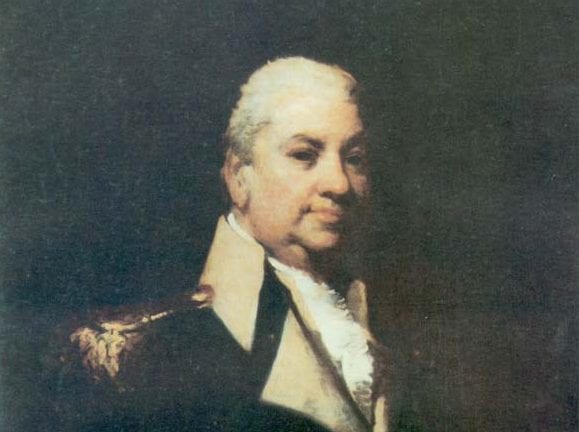




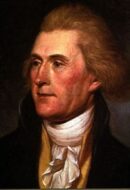













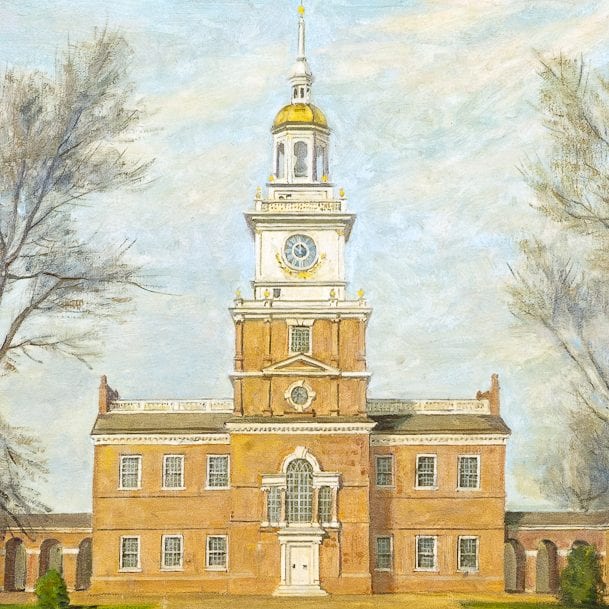

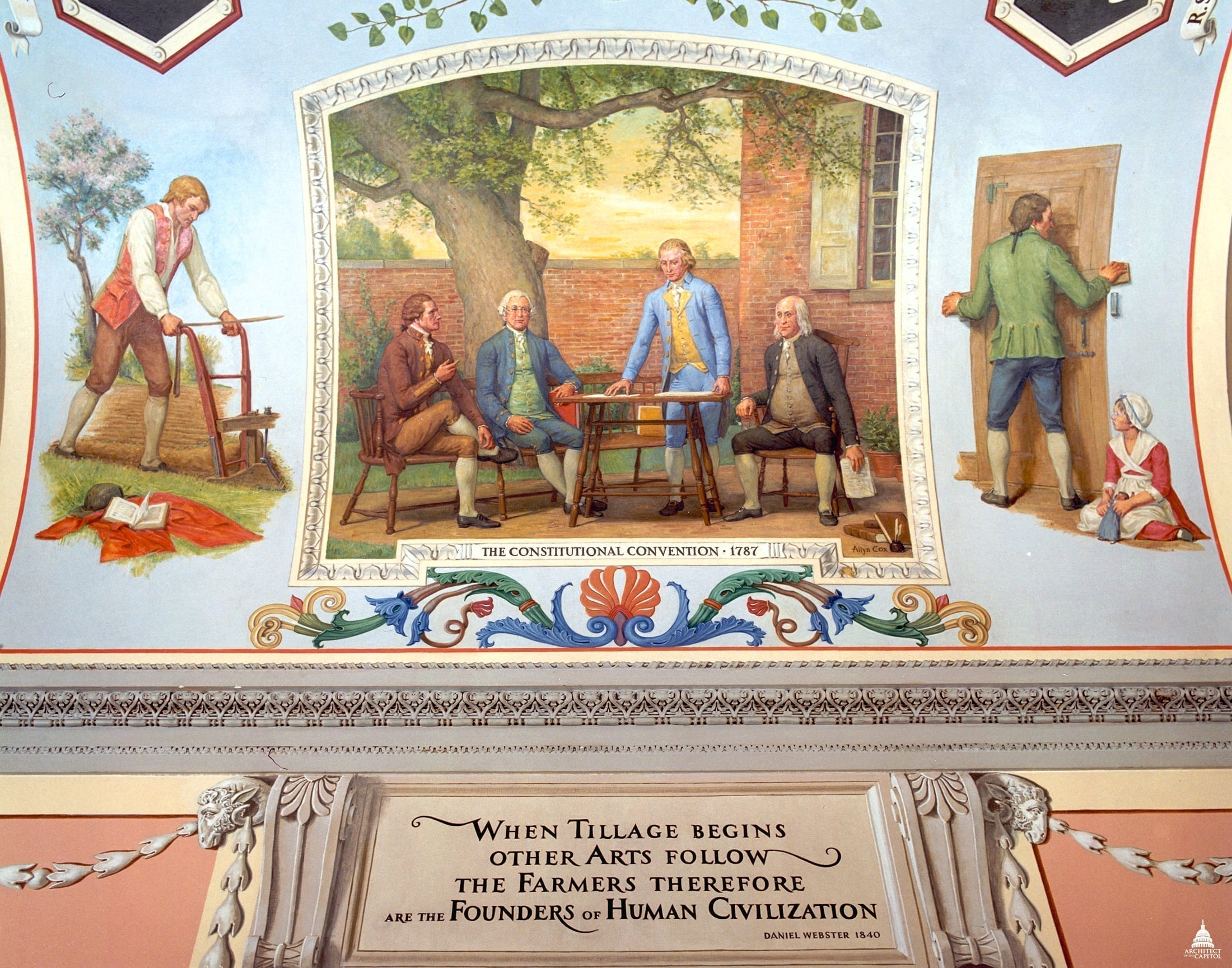

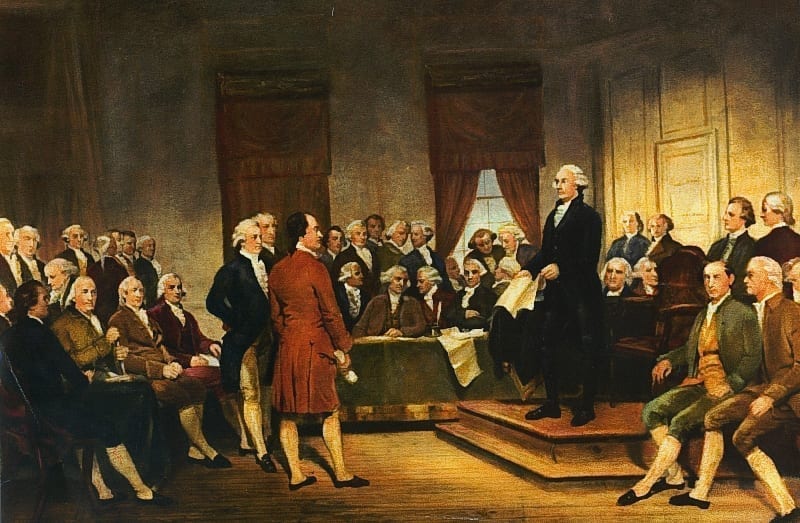


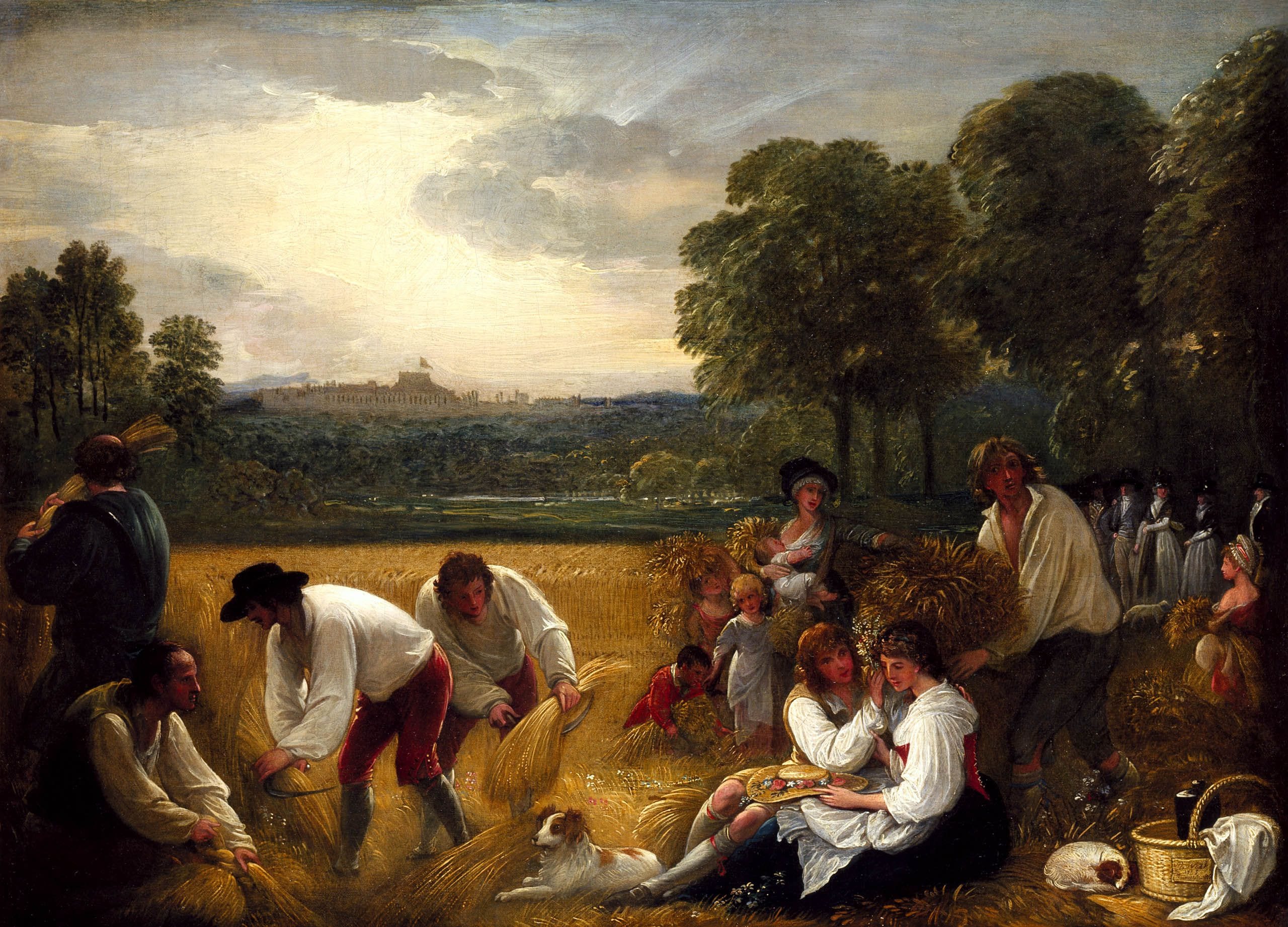


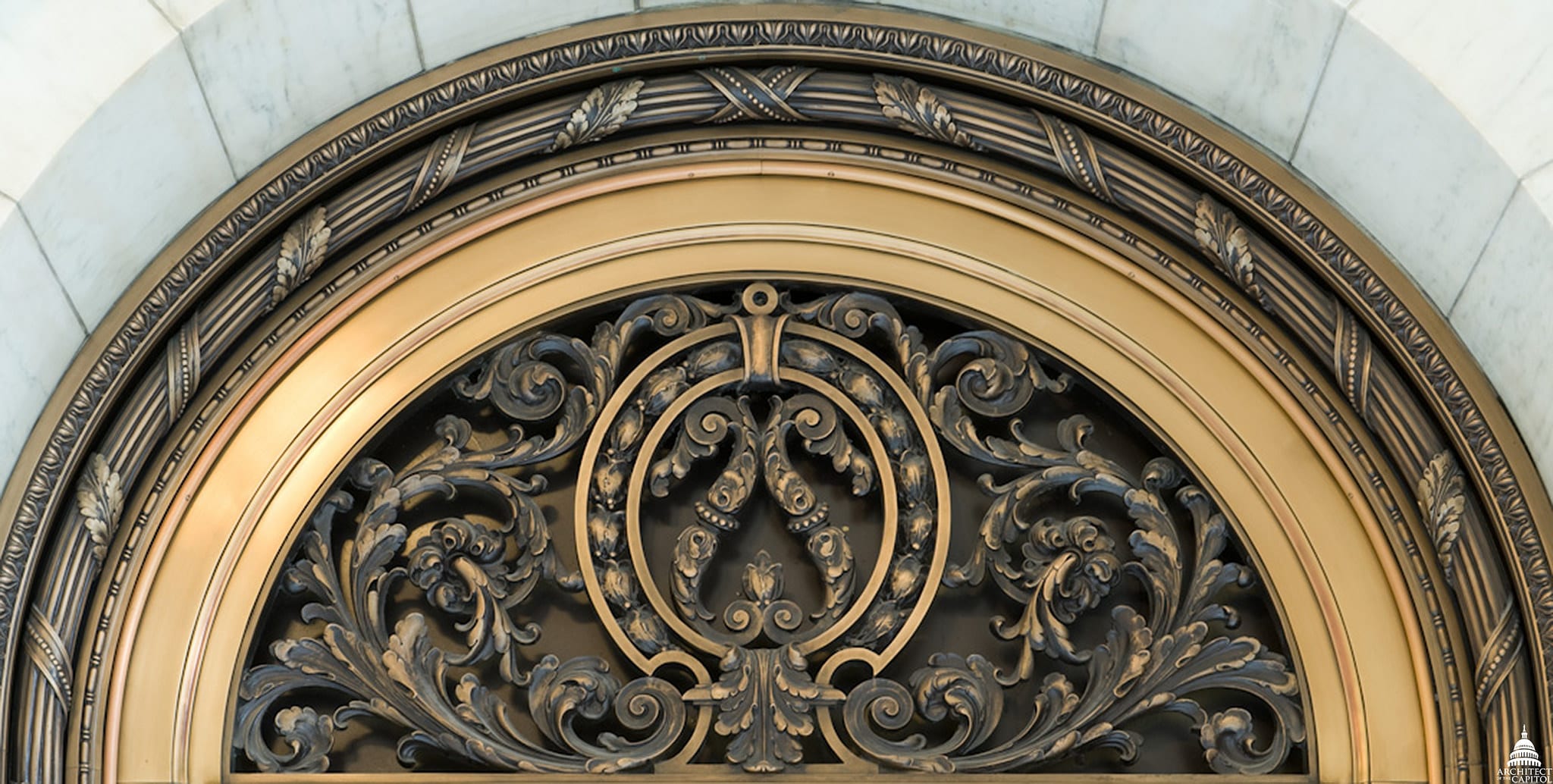













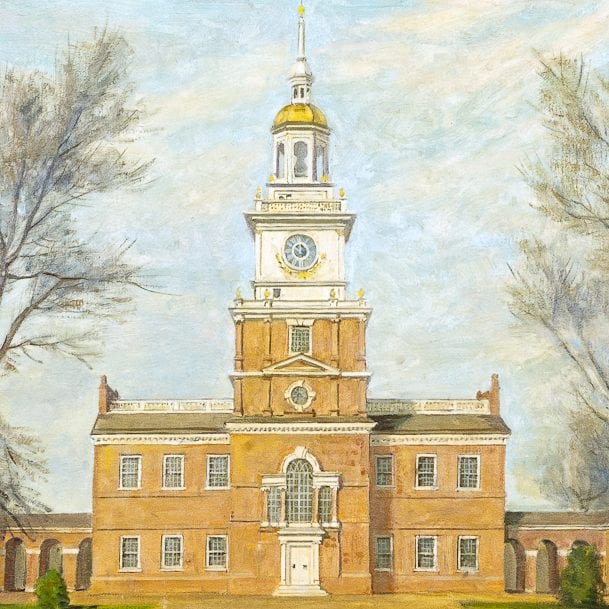
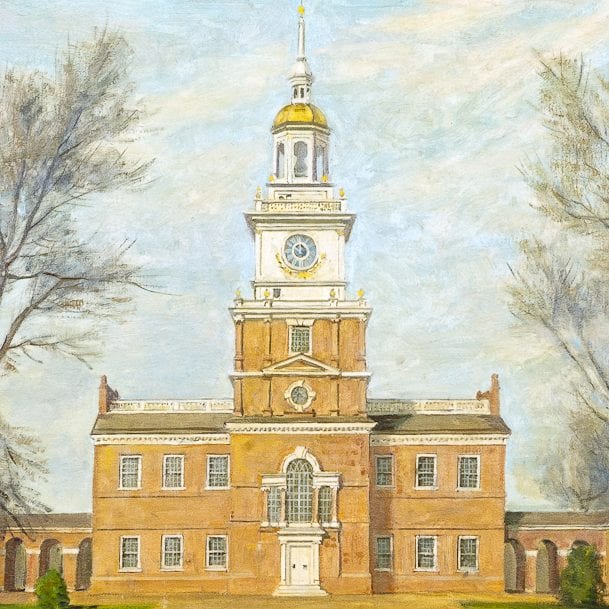






































































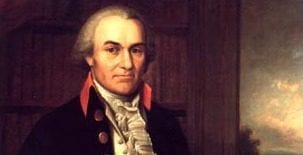



























![Finley, A. (1829) Pennsylvania. Philada. [Map] Retrieved from the Library of Congress, https://www.loc.gov/item/98688548/.](/content/uploads/2024/02/Map-of-PA--273x190.jpg)





















